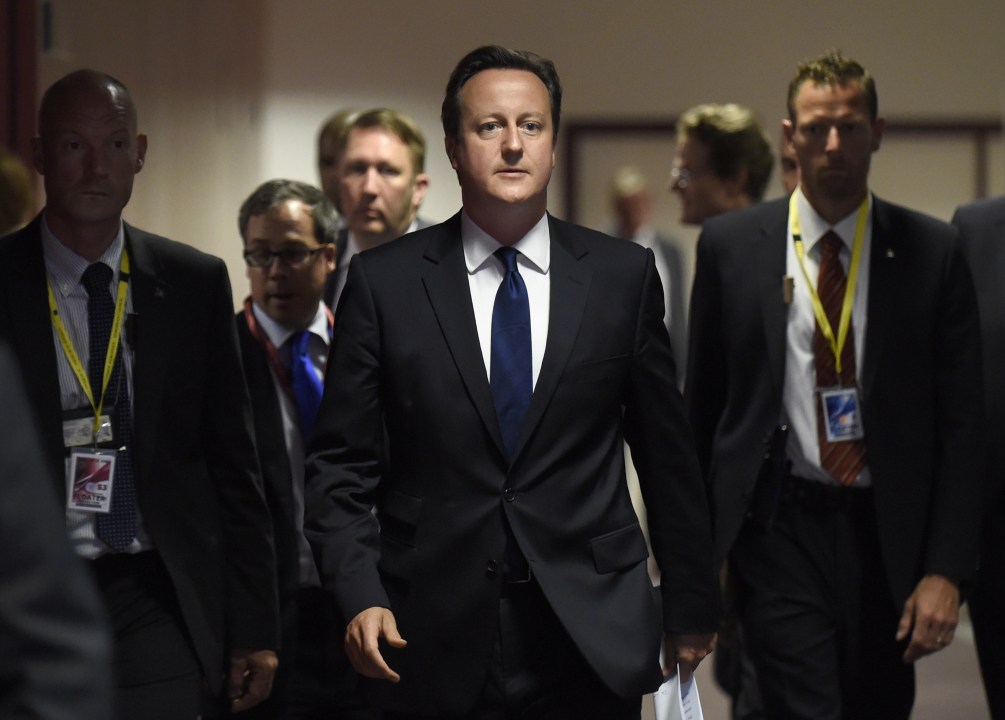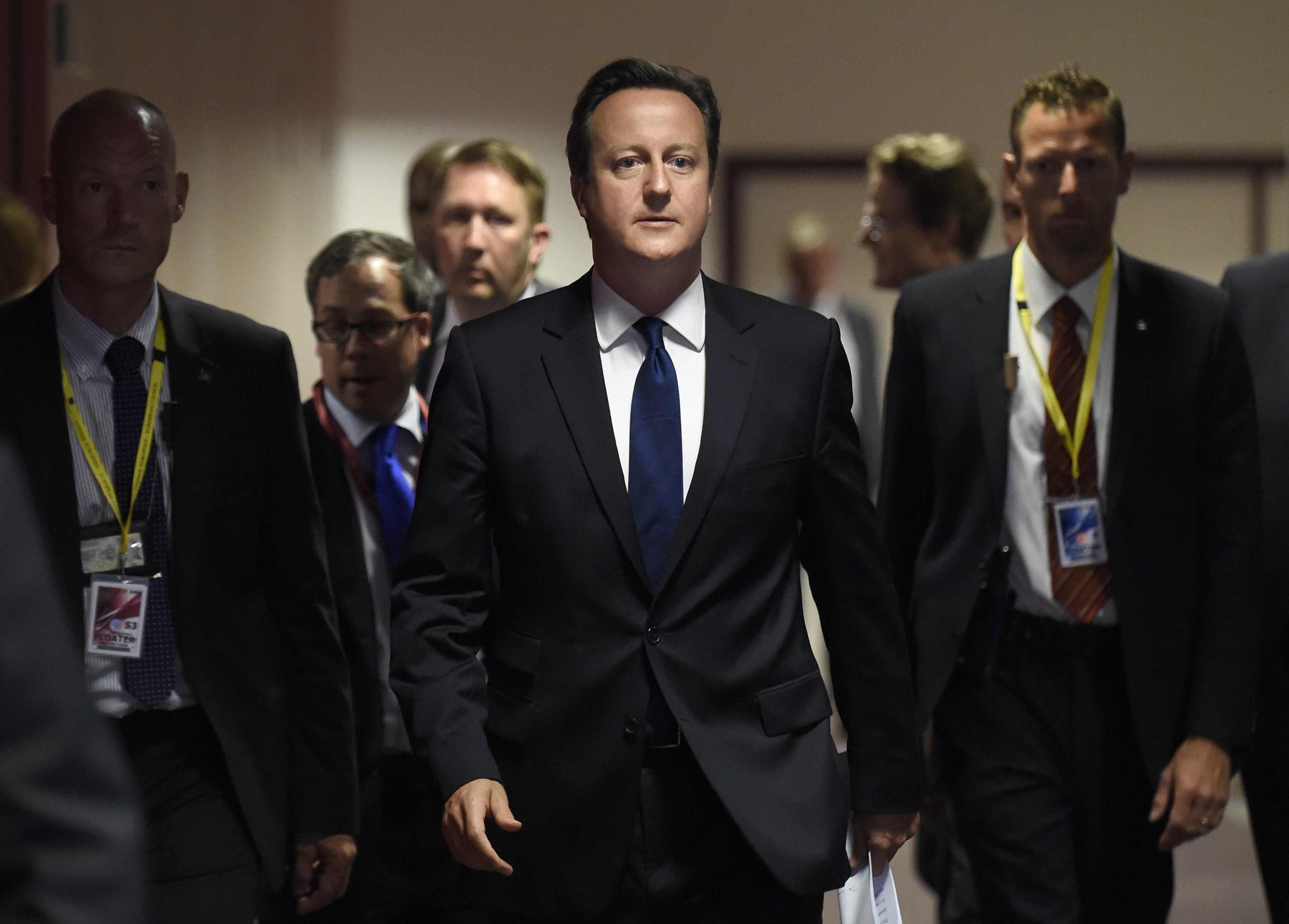Dominic Cummings is at it again. Michael Gove’s former advisor has become a reliably entertaining guide to the Whitehall labyrinth. It is plain, too, that Cummings likes to think of himself as a Teller Of Hard Truths Many Of Which Our Masters Prefer Not To Contemplate Too Deeply If At All. This is fun.
His latest post purports to be about swing voters, immigration and the EU but it is really about the biggest problem afflicting the Conservative party: who is it for? And who is it seen to be for? As Cummings puts it:
The fundamental problem the Conservative Party has had since 1997 at least is that it is seen as ‘the party of the rich, they don’t care about public services’. This is supported by all serious market research. Another problem that all parties have is that their promises are not believed. This includes Conservative promises on immigration since 1997 which have not been credible. Now, people have four years experience of a Conservative prime minister and they can see that he has not stopped hundreds of thousands entering the country despite promising to do so.
Bang. On. Everything else is just chaff, really. In that respect, the war between the Traditionalists and the Modernisers rather missed the point. Trads said Look, the public agree with us on many things so we just need to keep banging on about the things we think that are actually popular. Fine, said the Mods, but no-one is going to listen to you or give you the benefit of the doubt unless we prove this isn’t the Tory party voters grew to hate.
And actually both sides had a point. Trads are right that Tory views on europe and immigration and so on are actually quite popular. But Mods were right to observe that policies became less, not more, popular if they were associated with the Tories. The party hadn’t earned its hearing.
Even so, not enough was done to combat the biggest single problem the party faces which, as Cummings says, is that it is seen as the party for rich people. That, more than anything else, explains its problems outside the south-east of England. Sorry, its continuing problems.
It is telling that Cummings reports, based on focus group findings, that no-one believes this government has protected – ring-fenced in Whitehallese – spending on the NHS. It is true but it runs against everything voters are conditioned to think about the Tory party. It’s a reminder, I think, that the Mods didn’t go far enough.
But can you blame voters? This government has made – for understandable reasons – a virtue of its astringent approach to public finances. No wonder, then, the public assumes the NHS budget has been cut too and are disinclined to believe that it hasn’t.
There’s another problem, however. Voters are suspicious of policies perceived to be pursued for ideological reasons. They dislike politics based on theory. And there remains, alas, a sense in which the public thinks the Conservatives can’t really be trusted with the NHS. A sense, too, alas, in which the Free Schools movement (all power to it!) is too easily perceived as a case of putting ideology before pragmatism. This is rather unfair, not least since liberating schools is a deeply pragmatic enterprise but there you have it.
Compounding it all is the credibility problem. And here Cameron has been most entirely captured by his bloody party. If voters are disinclined to believe the promises you make on immigration it would be sensible to cease making stupid promises that you cannot honour. Something similar might be said of promises about renegotiating Britain’s membership of the European Union.
Don’t expect to be believed when the line you’re trying to hold has been chosen with an eye on party management, not the needs or limits of actual policy.
So what’s to be done? You can keep quiet about some of these issues and there’s something to be said for that approach or you can try and level with the electorate trusting that they will reward you for your perceived honesty. There’s not much we can do about X or Y because that’s the price of A and B which are things that we value more highly than we dislike X or Y. It’s unfortunate but that’s the way the world works. You can’t actually get everything you want and a party that persuades you otherwise is treating you for a fool.
That’s a risky approach, of course, because voters – the bastards – might reply that, actually, they elect a government to solve problems not to lecture them on trade-offs.
Equally, there is a problem with telling the truth: voters might think this has to be a ruse. Just another part of the game. What are they trying to hide from us with this “truth” stuff of which they speak?
So it is difficult to sell a message in an age of scepticism. Promises have a very short half-life. Difficult too, to sell a message without being seen to be selling it and since the perception of it being sold undermines the legitimacy or value of the message it all becomes terribly problematic. This is one of the problems with retail or consumer politics.
Still, even within those limitations, the worst thing you can do is confirm existing negative stereotypes. Reinforcing the reasons why people hate you is just daft. Scrapping the 50% tax rate made perfect sense in theory; in practice it has been a disaster for the Tories. Because it tells voters We’re the party for the rich and we will always look after our chums before we look after you. Bye bye modernisation.
Is there a bright side for the Tories? Only this: they’re running against a Labour leader who seems determined to reinforce negative stereotypes about the Labour party. You know nothing, Ed Miliband.








Comments